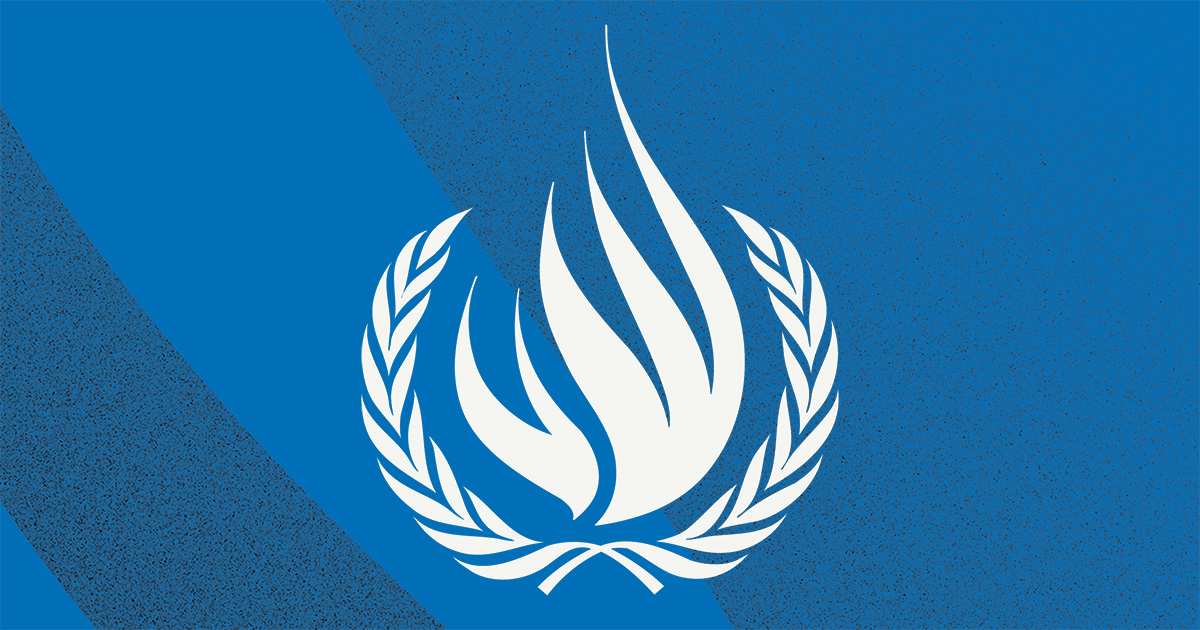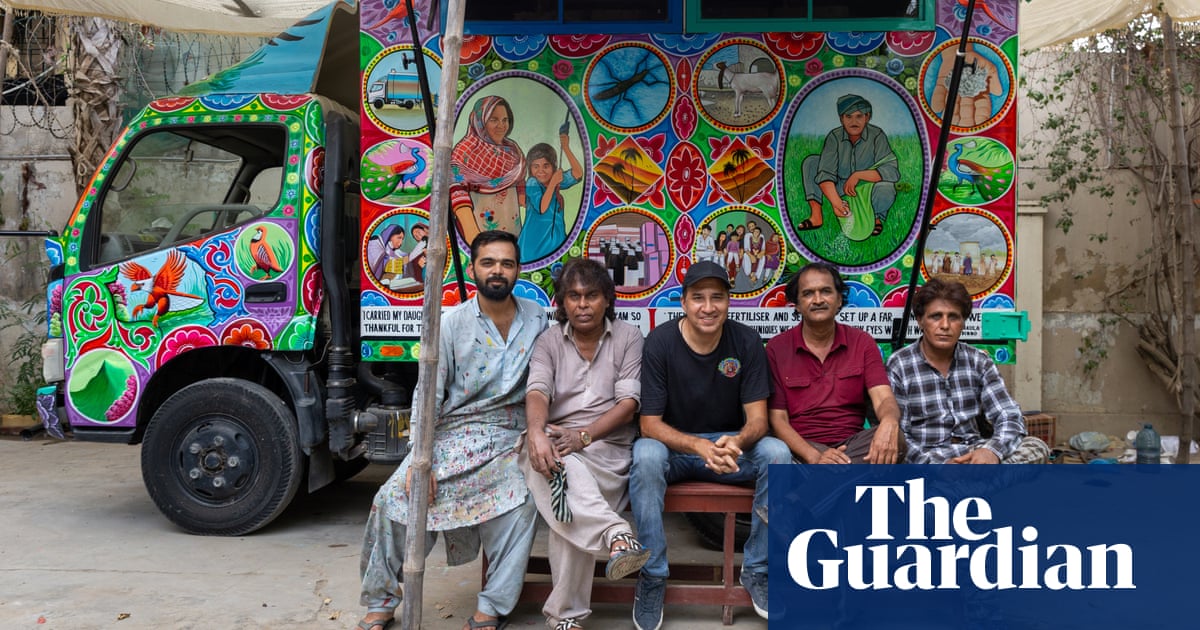
Russian bombers struck northwest Syria on Dec. 31. They did so more than 40 times in the month as a whole. And they were at it again on Jan. 1. Forget any festive let-up. The 3 million Syrian civilians waiting helplessly below are not sure if they will be bombed or starved to death or if they will fall victim to the latest COVID-19 surge.
Despite this, Syria barely registered any news coverage over the last 12 months. The less inquisitive might have thought that the situation was slowly improving and that the country was pulling itself out of the darkness after a decade of crisis and war.
If only. It is not just Russian bombs. The regime continues its assault on Syrian civilians. Israel also bombed Syria about 30 times in 2021, killing 130 people, including two in a bombing raid on the port of Latakia in December. Turkey maintains its own slab of occupied territory in the north — to where it is accused of forcibly returning Syrian refugees, all against international law.
Still, the front lines of the conflict have barely altered. The fragmented areas of authority persist. The regime dominates the majority of the territory, but Idlib remains under the control of various opposition and extremist groups and Kurdish-led forces maintain their hold over much of the east and northeast.
The business of killing and destruction continues, though quite what is left to destroy in this decimated country is anyone’s guess. If you wish to clutch at straws, then the fatality count for 2021 was the lowest since 2011. The Syrian Observatory for Human Rights recorded 3,882 deaths last year, of which 1,558 were civilians. The official death toll of more than 500,000 for the conflict is out of date and inadequate, with the UN having long since stopped bothering.
This encapsulates the attitude of the major international powers. Do any of them care to ask most Syrians? The UN-led Geneva process to draft a new constitution continues its merry farce.
The military powers on the ground — Russia, Turkey and Iran — show precious little interest in the welfare of civilians. They are just pursuing their own narrow interests. Answers on a postcard please from anyone who can identify a Biden administration policy on Syria beyond reciting the eternal mantras of not doing anything as long as Bashar Assad is in power and wanting to limit Iranian influence. US sanctions continue to prevent Syrian civilians from trading and conducting business freely, while failing to have any coercive impact on the regime. Donor aid to regime-controlled areas continues to provide its largest source of hard currency, as it insists that all agencies must use the official exchange rate, not the black-market rate.
The regime itself is pretty smug. It believes it has won, blithely ignoring the ashes all around it. Last May’s elections, or recoronation, saw President Assad award himself 95.1 percent of the vote. On election day came the most potent message of all: Assad and his wife did not vote inside one of his presidential palaces or in the heart of one of his loyalist areas, they ventured out to Douma — a city forever associated with opposition to his rule and also the regime’s most devastating bombing of an urban area. It was here in 2018 that Damascus was accused of having used chemical weapons. Could this be any more symbolic? Assad and his allies want to proclaim to the world that all efforts to bring about democratic change as outlined in UN Security Council Resolution 2254 are over.
Assad has always believed, perhaps correctly, that time is on his side and that the region, then eventually the world, will reboot relations. Many regional powers have decided that Assad has won and have chosen to mend fences with Damascus. Oman was the first of the Gulf states to do so, but Bahrain last week appointed an ambassador and the UAE foreign minister visited the Syrian capital in November. Jordan opened the Nassib crossing to Syria in September. Who knows which countries will take the same path in 2022?
A formal return to the Arab League is surely only a matter of time, no matter how much this angers Washington. For a regime that has always boasted of its pan-Arab credentials, this still matters. More embassies reopening in Damascus will reinforce the message that Syria is back in from the cold. The most remarkable success on this front in 2021 was when Syria was elected to the executive board of the World Health Organization in May. This went ahead despite all the bombings of hospitals and clinics.
But what can relieve the horror for Syrians? Many still run the gauntlet of the dangerous Mediterranean crossings, with the latest disaster seeing at least 11 refugees, eight of whom were Palestinians from Syria, drown on Dec. 24 as they tried to cross the Aegean. Host countries are considering how to encourage or even force refugees back to Syria.
But it is inside the country that the worst conditions flourish. A jaw-dropping 90 percent of the population is now in poverty, with the Lebanese and Turkish financial crises not helping matters. Syria is also experiencing its worst drought in 70 years, which has led to a decline in electricity and agricultural production. You would not know this, of course, looking at the images of floods from the winter rains, as the displaced fight for their lives in their tents in northwest Syria.
The future for Syrians is dark. This new year is no moment of joy. It is never-ending exile for half the population; poverty and starvation for those left behind. An education has also become a privilege, with 2.5 million children out of school.
Only the elite crony mafia continue to prosper. They evade the sanctions with ease and profit handsomely from the war economy that persists. But even here the regime has turned in on itself, narrowing this circle most notably with the defenestration of Rami Makhlouf, the president’s cousin and regime’s banker and financier.
Waiting in the wings and being as patient as the regime is Daesh. Crank up the poverty frustration index and the extremists will be licking their lips. Daesh has mounted an increasing number of attacks in northeast Syria. The extremist group must surely envisage a promising 2022.
Whatever happens this year, keep the focus on events and trends on the ground. For the past decade, this is what has always counted, not talks in Geneva, Istanbul or Astana. The fear must be that, with declining international interest in Syria, the outside world understands less and less about the dynamics at play, and therefore how to influence them. As much as the world has tried to exclude Syrians from deciding the future of their own country, it will ultimately be they who do so, for better or for worse.
Chris Doyle is director of the London-based Council for Arab-British Understanding (CAABU). Twitter: @Doylech
Disclaimer: Views expressed by writers in this section are their own and do not necessarily reflect Arab News" point-of-view












